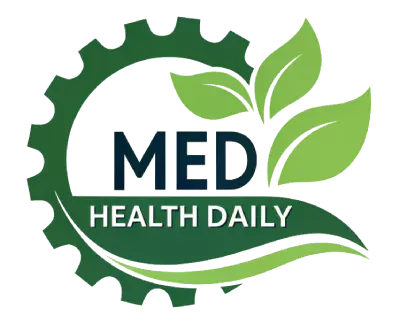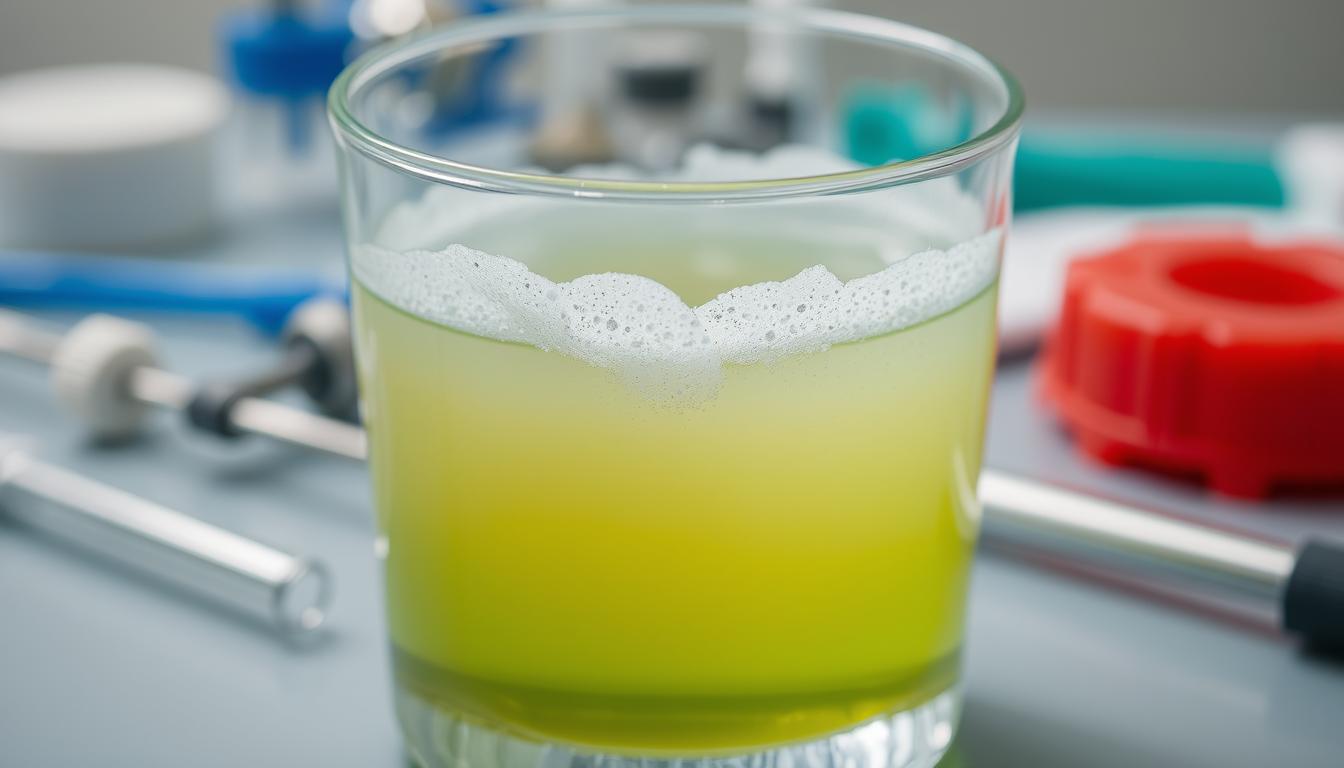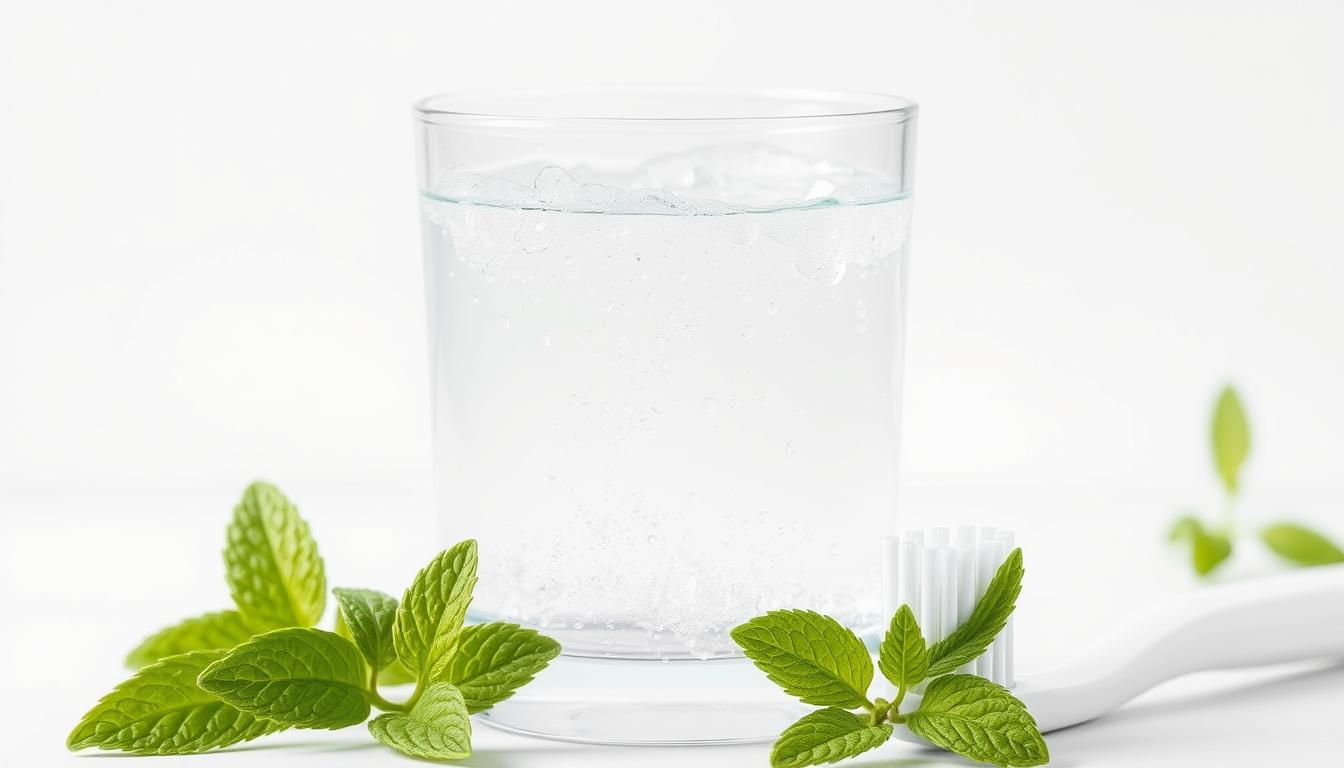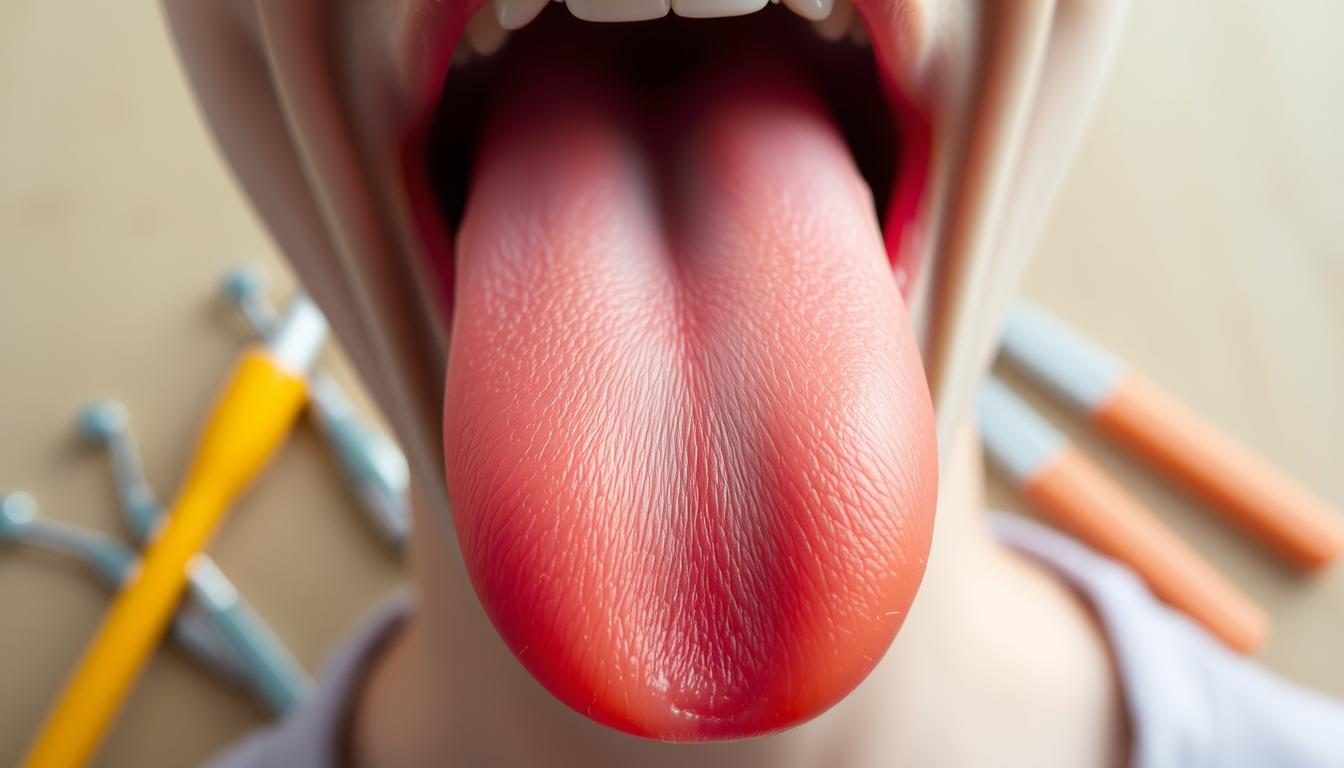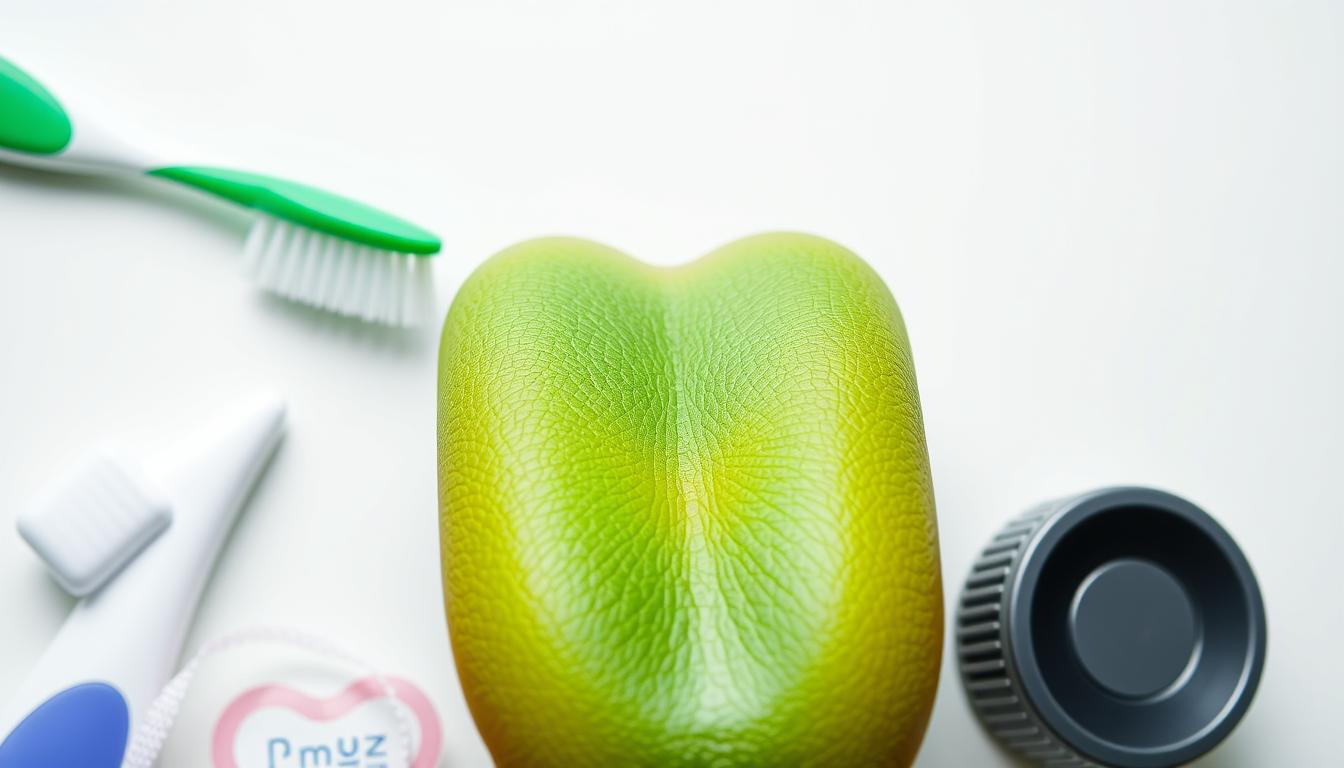Have you ever noticed your urine looking a bit frothy or bubbly? While it may seem harmless, the presence of bubbles in your urine can actually be an indicator of various health conditions. Understanding the composition of our urine and how changes can signify potential issues is crucial for maintaining overall urinary health.
In this article, we’ll explore the common causes of foamy urine, when it might be a cause for concern, and the associated symptoms to watch for. By the end, you’ll have a better understanding of when to seek medical attention and how to address any underlying problems through natural remedies and lifestyle changes.
Our urine is a complex mixture of water, waste products, and various substances, including proteins, salts, and minerals. Typically, a small amount of air bubbles in urine is normal and can be caused by the natural agitation of urination. However, excessive or persistent bubbles may signal an imbalance in the composition of your urine, which could be indicative of a medical condition.
What Makes Urine Foamy and When to Be Concerned
Have you ever noticed a few bubbles in your urine and wondered what’s causing that foam? While a bit of froth is usually nothing to worry about, there are some situations where foamy urine can signal an underlying health issue. Let’s explore the factors that contribute to urine bubbles and when you should take note.
Normal vs. Abnormal Foam Formation
A small amount of foam in your urine is typically harmless and can be caused by the natural agitation of urine as it leaves your body. However, excessive or persistent foamy urine may indicate a problem. Abnormal foam can be a sign of increased protein in the urine, also known as proteinuria. This can occur with conditions like kidney disease, diabetes, or urinary tract infections.
Duration and Frequency of Bubbly Urine
Occasional bubbles that disappear quickly are usually nothing to worry about. But if the foam lasts for several minutes or if you notice it consistently, it’s a good idea to mention it to your healthcare provider. Frequent or long-lasting foam could suggest an underlying issue that requires further evaluation.
Associated Symptoms to Watch For
Along with foamy urine, keep an eye out for other urinary symptoms like:
- Increased urination frequency
- Burning or pain during urination
- Unexplained weight loss or dehydration
- Swelling in the legs, feet, or around the eyes
If you experience any of these alongside persistent, frothy urine, don’t hesitate to talk to your doctor. They can help determine the cause and recommend appropriate treatment.

Remember, while urine bubbles are often harmless, it’s always a good idea to pay attention to changes in your urinary habits and address any concerns with your healthcare provider. With the right care, you can keep your urinary system healthy and functioning at its best.
Bubbles in Urine: Medical Conditions and Underlying Causes
When it comes to the presence of bubbles in urine, several medical conditions can be the underlying culprit. Understanding these potential causes is crucial in determining the root of the issue and seeking appropriate treatment.
One of the most common causes of foamy urine is kidney disease. Damaged or malfunctioning kidneys can fail to filter waste and excess fluid from the blood, leading to a buildup of protein in the urine, which creates a bubbly appearance.
Diabetes is another condition that can contribute to the presence of bubbles in urine. Uncontrolled diabetes can lead to an excess of sugar in the bloodstream, which can spill over into the urine, causing it to become frothy.
Hypertension, or high blood pressure, can also play a role in the development of foamy urine. Increased pressure in the blood vessels can damage the kidneys, leading to a reduction in their ability to properly filter the urine.
Urinary tract infections (UTIs) can also result in a bubbly appearance in the urine. Bacteria in the urinary tract can cause inflammation and irritation, leading to the presence of bubbles.
Less common causes of foamy urine include liver disease and certain medications. In these cases, the underlying condition or drug may be affecting the composition of the urine, leading to the formation of bubbles.
If you’ve noticed persistent bubbles in your urine, it’s important to consult with a healthcare professional to determine the underlying cause and receive appropriate treatment. Addressing the root problem can help restore healthy urination and prevent further complications.
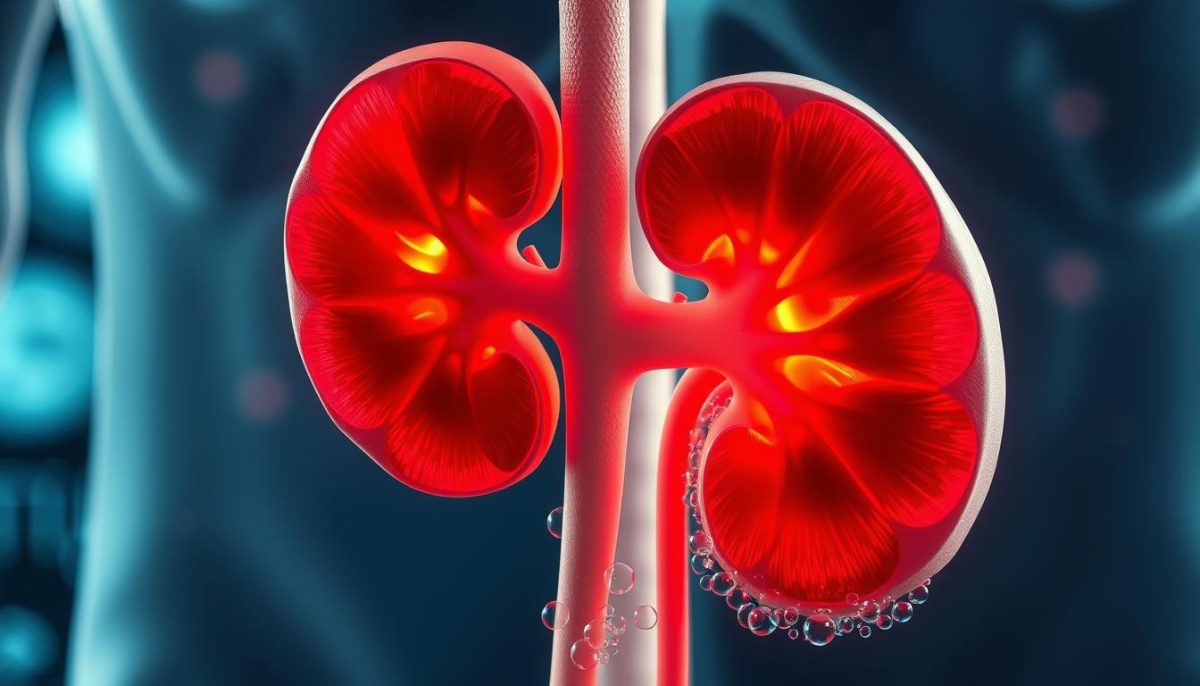
“Identifying the medical condition behind foamy urine is the first step in addressing the issue and maintaining overall urinary health.”
Natural Remedies and Lifestyle Changes for Healthy Urination
Maintaining healthy urination can be achieved through simple yet effective natural remedies and lifestyle adjustments. Proper hydration is the foundation, so we recommend drinking plenty of water throughout the day to keep your body well-hydrated. Additionally, a balanced diet rich in fiber, fruits, and vegetables can support urinary tract health.
Regular exercise is another crucial element. Incorporating physical activities like brisk walking, swimming, or low-impact aerobics can help strengthen the pelvic floor muscles and promote overall urinary function. Lastly, managing stress through relaxation techniques, such as meditation or deep breathing, can also contribute to healthy urination by reducing the strain on your bladder.
By implementing these urinary health tips – staying hydrated, eating a balanced diet, exercising regularly, and managing stress – you can take proactive steps to maintain a healthy urinary system and minimize the occurrence of bubbles in your urine. Remember, small lifestyle changes can make a significant difference in supporting your overall urinary well-being.
